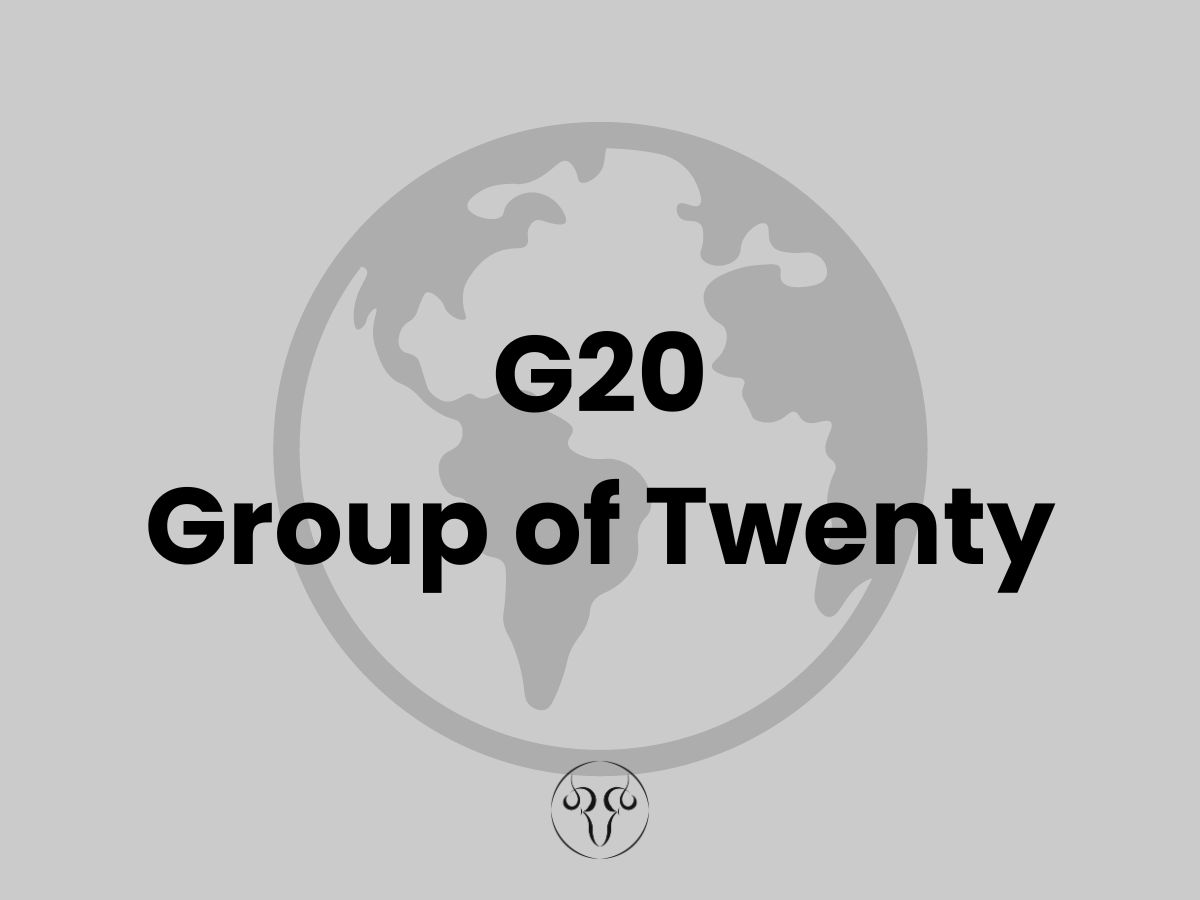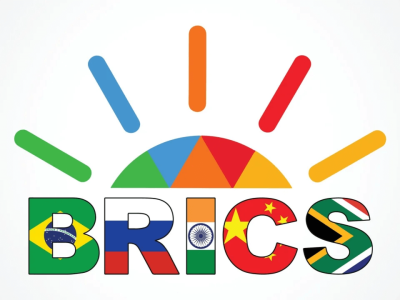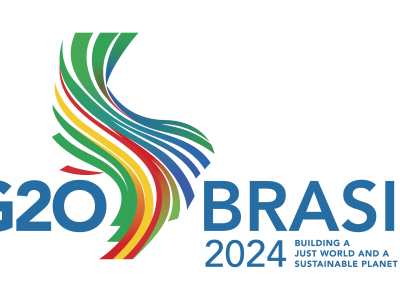G20 - Group of Twenty

In a world marked by interconnected economies and shared global challenges, international cooperation is paramount. The Group of Twenty (G20) stands as a prominent forum where leaders from the world's major economies convene to address pressing economic issues and foster collaboration. Since its inception in 1999, the G20 has evolved into a vital platform for shaping global economic policy and promoting sustainable development. This article delves into the significance, structure, and accomplishments of the G20 in advancing international economic cooperation.
What is the G20?
The G20 comprises 19 countries and the European Union, representing both developed and developing economies. Member nations include major players such as the United States, China, Japan, Germany, the United Kingdom, and others. Together, these countries account for approximately 85% of global GDP and two-thirds of the world's population, making the G20 a formidable force in international economics.
History of G20
1999: Birth of the G20 in the Shadow of Crisis:
The G20's story begins in the late 1990s, a period marked by the Asian financial crisis. As financial instability swept across several emerging economies, the limitations of the existing Group of Seven (G7), consisting solely of industrialized nations, became apparent. Recognizing the interconnectedness of the global economy, a call for broader dialogue arose.
In 1999, finance ministers from 19 key economies - both developed and developing - gathered for the first time in Berlin, Germany. This historic meeting marked the birth of the G20, initially envisioned as a forum for financial stability discussions.
Early Years: Evolving Focus and Expanding Scope:
Throughout the early 2000s, the G20 primarily focused on financial stability and crisis prevention. However, its mandate gradually expanded to encompass broader economic issues. Discussions on trade, sustainable development, and energy became increasingly prominent.
2008: G20 Ascendancy in the Face of Global Crisis:
The 2008 global financial crisis served as a turning point for the G20. As the world faced the worst economic crisis since the Great Depression, the G20 emerged as a crucial platform for coordinating global responses.
In 2008, US President George W. Bush invited the leaders of G20 member countries for the first Leaders' Summit, held in Washington D.C. This summit solidified the G20's position as the premier forum for international economic cooperation.
Post-2008: Addressing Global Challenges Beyond Economics:
Since the 2008 crisis, the G20's agenda has further broadened. Recognizing the interconnectedness of economic prosperity with other global issues, the group has tackled challenges like climate change, pandemics, and poverty.
Recent Developments: Inclusivity and Addressing New Challenges:
The G20 has continuously strived for inclusivity. In 2023, the African Union (AU) joined as a full member, recognizing the continent's growing importance in the global economy.
The most recent summit held in New Delhi, India in September 2023, focused on the theme of "One Earth, One Family, One Future," reflecting the G20's commitment to addressing global challenges beyond economics.
This Years G20 2024 Summit, Rio:
The 2024 G20 Rio de Janeiro summit is shaping up to be a significant event. It's the first time Brazil will host the G20 leaders, and with the theme of "Building a Just World and a Sustainable Planet,"
Objectives and Scope:
The primary objective of the G20 is to promote global economic stability, sustainable growth, and development. To achieve this, member nations engage in dialogue, coordinate policies, and undertake collective actions on a wide range of economic issues. These include macroeconomic policies, financial regulation, trade, investment, energy, climate change, and development assistance. The G20's broad agenda reflects the interconnectedness of global economies and the need for concerted efforts to address shared challenges.
Structure and Decision-Making:
The G20 operates as an informal forum without a permanent secretariat or binding agreements. Instead, it relies on consensus-based decision-making among member nations. Annual summits bring together heads of state, finance ministers, central bank governors, and other high-level officials to discuss key economic issues and formulate policy responses. Additionally, working groups and ministerial meetings convene throughout the year to delve into specific topics and prepare recommendations for leaders.
Achievements and Impact:
Over the years, the G20 has achieved notable successes in mitigating economic crises, promoting financial stability, and driving global economic recovery. During the 2008 financial crisis, G20 leaders played a pivotal role in coordinating stimulus measures, strengthening financial regulations, and averting a deeper economic downturn. Subsequent summits have focused on issues such as reforming the international monetary system, combating tax evasion, and advancing sustainable development goals.
Moreover, the G20 serves as a platform for fostering dialogue and cooperation among member nations, facilitating the exchange of best practices, and building trust. By bringing together diverse stakeholders, including governments, international organizations, and the private sector, the G20 enhances policy coordination and fosters a more inclusive approach to global governance.
Challenges and Future Outlook:
Despite its achievements, the G20 faces several challenges in effectively addressing complex global issues. Divergent national interests, geopolitical tensions, and competing priorities among member nations can impede consensus-building and hinder progress. Moreover, the informal nature of the G20 limits its ability to enforce agreements and hold member states accountable for their commitments.
Looking ahead, the G20 must adapt to evolving economic realities and emerging challenges, such as technological disruption, inequality, and climate change. Strengthening cooperation, enhancing transparency, and promoting inclusive growth will be essential to ensuring the G20's relevance and effectiveness in the years to come.
In an increasingly interconnected world, the G20 serves as a critical forum for promoting international economic cooperation and addressing shared challenges. By fostering dialogue, coordinating policies, and driving collective action, the G20 plays a pivotal role in shaping global economic governance and advancing sustainable development. As the world continues to confront complex economic issues, the G20 remains a vital platform for fostering prosperity and stability on a global scale.









